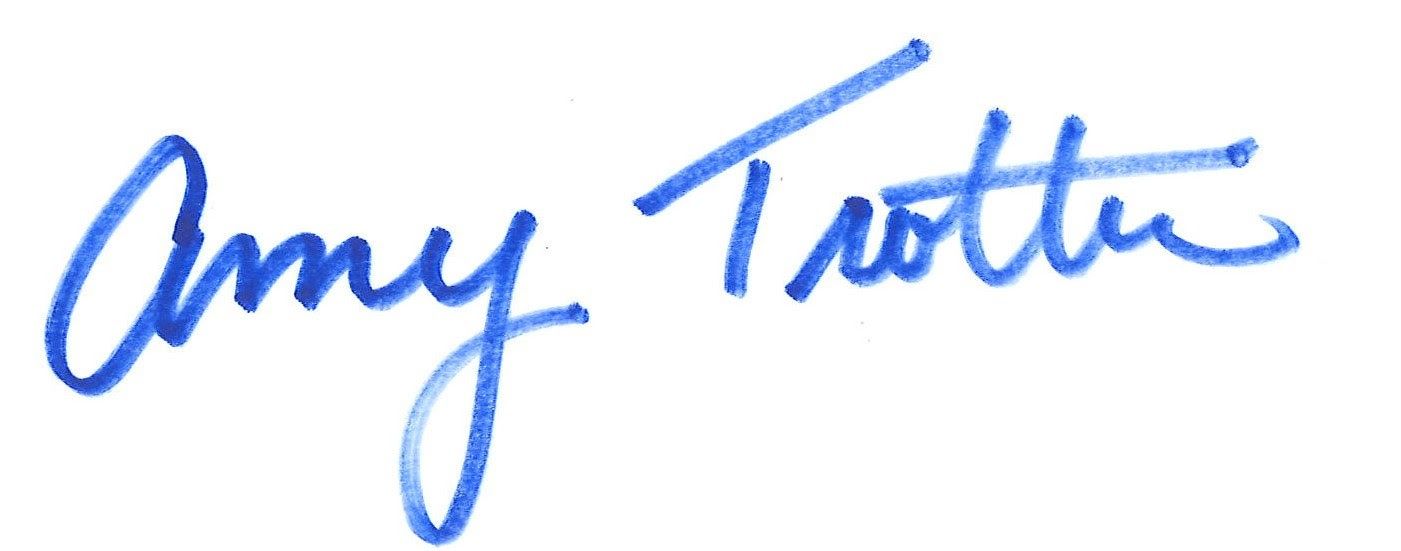Leaving a Legacy
MUCC Executive Director Amy Trotter poses with her two daughters and husband, Marc, during an Upper Peninsula vacation.
By MUCC Executive Director Amy Trotter
At our MUCC Annual Convention in September, we had a lengthy list for our Moments of Memory — MUCC members we have lost since our last in-person convention in 2019. Several of them I knew personally: many had served as active board members, committee participants, dedicated time at camp, were Tracks Magazine promoters and/or helped to sustain our policy efforts in both Lansing and Washington D.C. Many of the departeds’ families chose MUCC to be honored with memorial contributions.
Everyone has a choice in how they serve during their time on the planet and what they leave behind as their conservation legacy.
With your generous donation of $25, $50 or $100 , you can help us ensure that your rights to hunt, fish and trap are not infringed upon and that your voice is carried through the halls of our Capitol in Lansing, to policymakers in Washington D.C. and at every NRC meeting.
“The true meaning of life is to plant trees, under whose shade you do not expect to sit,” said Nelson Henderson. For some individuals, they will have spent their time in life serving in some way to create more hunters, anglers, trappers and conservationists by educating and mentoring new people in the outdoors. Others spent their time fighting to protect the natural resources and the outdoor pursuits we all enjoy. Some have done both.
Your donation of $25, $50 or $100 will help plant one new tree, remove one more invasive species, pick up one more pound of trash and carry the message of stewardship to public landowners throughout Michigan.
What trees are you planting now? How will you be remembered? How will you pass on your conservation legacy? That is up to you.
You can choose to ensure the traditions we know and love are around to be passed on to the next generation. You can also ensure there are engaged individuals and a trusted organization around for the long run to stay on guard, ready for the next offensive or defensive move. What you do now can guarantee that is the case.
Recruit your replacements now before it’s time to retire or move on. Make sure the next generation has hunters, anglers and trappers by making sure enough individuals have the skills and knowledge to carry on in the outdoors.
If you have taken on leadership roles within the conservation movement, make sure there is room for your future replacements now — just like in the outdoors, people need mentoring in how to run meetings, organizations and fundraise to keep them afloat.
Through your donation of $25, $50 or $100 , you can help ensure that conservationists are educating the next generation of conservation stewards and warding off the attempts of anti-hunting organizations to indoctrinate our youth.
You can also plan to leave a legacy now in your estate planning by including those organizations like MUCC that protect and defend the outdoor traditions you cherish. This requires conversations now with your family and friends and thinking about their future needs. But this requires no real investment at the moment, out of your pocket, but can make a meaningful difference and an impact long after you are gone.
At this time of gift-giving and annual celebrations and the start of a new year, please remember the old Chinese proverb: The best time to plant a tree was 20 years ago. The second best time is today.
Yours in Conservation,

Amy Trotter
The post Leaving a Legacy appeared first on Michigan United Conservation Clubs.
Recent Posts



